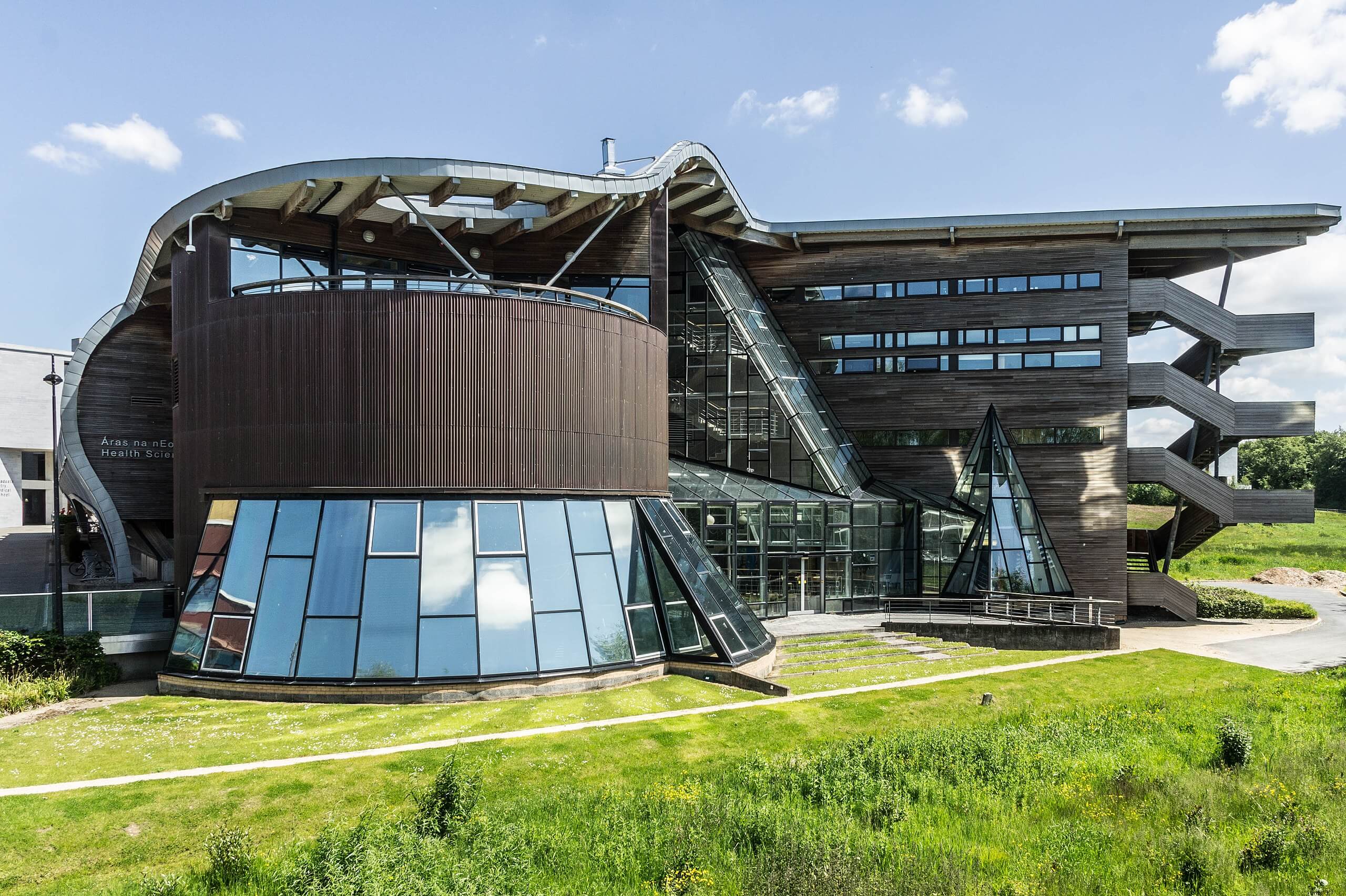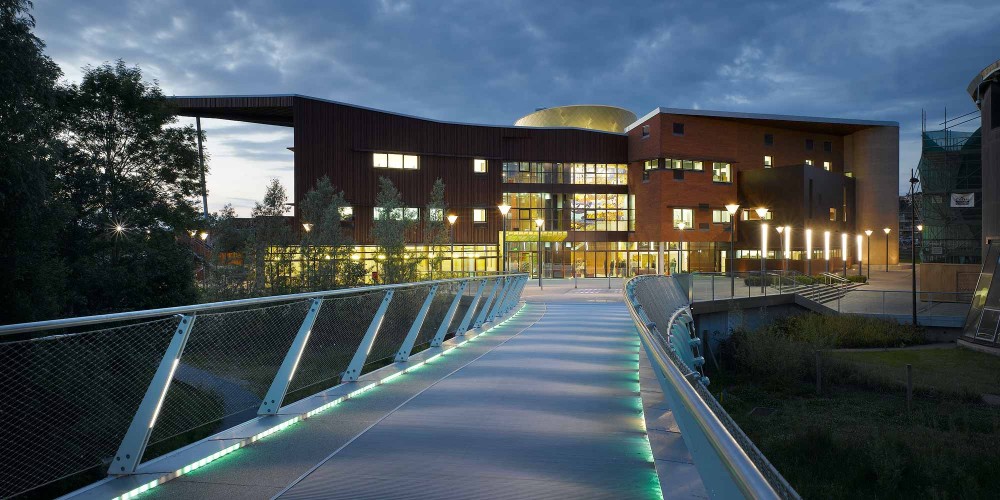INTRODUCTORY - SCIENTIFIC COMPUTING & COMPUTER VISION
Semester 1
Introduction to Scientific Computing for AI (M)
You will begin by taking a range of Artificial Intelligence-related modules and learning about associated scientific computing, programming language and host platforms. You will explore Python, numerical computing with Numpy, Linear Algebra, randomness and probability, classifiers and optimisation.
Machine Vision & Image Processing(M)
This module will focus on Machine Vision and Image Processing principles. Key topics such as linear image processing, feature detection and essential object detection are introduced. Practical examples of these techniques are included in the laboratories for this module to increase meaningful engagement with this material. This module is a precursor to advanced vision modules, which requires a good understanding of these key principles.
Semester 2
Geometric Computer Vision
Geometry describes the structure and shape of the environment in which a camera is located. You will learn about the process of determining the structure of the environment, the position and orientation of the camera, and how the camera moves in relation to the environment through the analysis of camera image streams. This subfield of computer vision is commonly used in mobile robotics, vehicle autonomy and augmented reality.
Deep Learning for Computer Vision
Deep learning has become the dominant approach to designing solutions for everyday computer vision tasks. In this module, we will examine the application of deep learning to the key computer vision tasks of image classification, object detection and semantic segmentation. We will also discuss fundamental concepts in the design and structure of deep neural networks. You will gain a complete understanding of how to design and build networks for your workplace applications.
Both Semesters
Future Focused Professional Portfolio 1 & 2
In the first module, you will be led through a series of talks about the future of technology, the future of markets, and the future of society as a whole. You'll work collaboratively to identify key trends impacting your role and organisation. You'll also build a professional network and use it to reach out to key thought leaders in this area.
The second module will provide you with an opportunity to demonstrate independent and self-determined learning through the creation of your own individual portfolio. Your portfolio includes various activities that will show how you've improved your reflective practice, how well you've used discipline-specific knowledge in different situations, and how you've led a discussion about the future of your field.
ADVANCED - ARTIFICIAL INTELLIGENCE & COMPUTER VISION
Semester 1
Deep Learning for Computer Vision
Deep learning has become the dominant approach to designing solutions for everyday computer vision tasks. In this module, we will examine the application of deep learning to the key computer vision tasks of image classification, object detection and semantic segmentation. We will also discuss fundamental concepts in the design and structure of deep neural networks. You will gain a complete understanding of how to design and build networks for your workplace applications.
Machine Vision & Image Processing (M)
This module will focus on Machine Vision and Image Processing principles. Key topics such as linear image processing, feature detection and essential object detection are introduced. Practical examples of these techniques are included in the laboratories for this module to increase meaningful engagement with this material. This module is a precursor to advanced vision modules, which requires a good understanding of these key principles.
Semester 2
Geometric Computer Vision
Geometry describes the structure and shape of the environment in which a camera is located. You will learn about the process of determining the structure of the environment, the position and orientation of the camera, and how the camera moves in relation to the environment through the analysis of camera image streams. This subfield of computer vision is commonly used in mobile robotics, vehicle autonomy and augmented reality.
Intelligent Visual Computing and Applications
This module focuses on deep learning applications to critical computer vision applications, including facial recognition and 3D reconstruction. The use of transformer networks to build state-of-the-art computer vision systems is also discussed.
Both Semesters
Future Focused Professional Portfolio 1 & 2
In the first module, you will be led through a series of talks about the future of technology, the future of markets, and the future of society as a whole. You'll work collaboratively to identify key trends impacting your role and organisation. You'll also build a professional network and use it to reach out to key thought leaders in this area.
The second module will provide you with an opportunity to demonstrate independent and self-determined learning through the creation of your own individual portfolio. Your portfolio includes various activities that will show how you've improved your reflective practice, how well you've used discipline-specific knowledge in different situations, and how you've led a discussion about the future of your field.
Show less 

